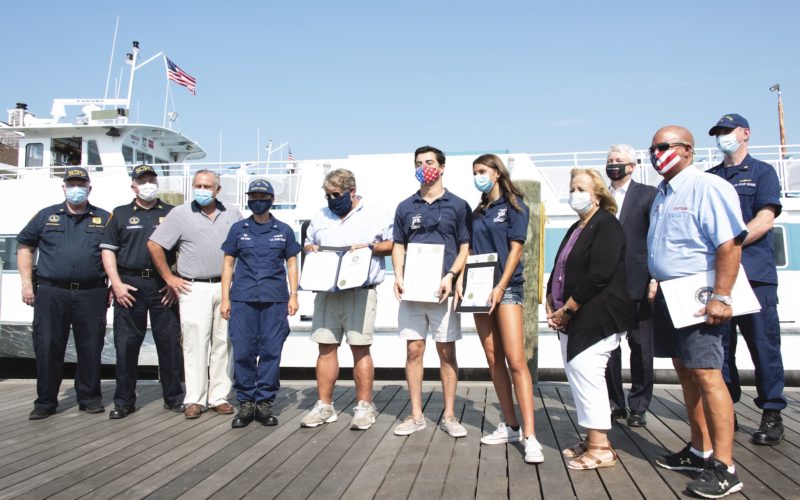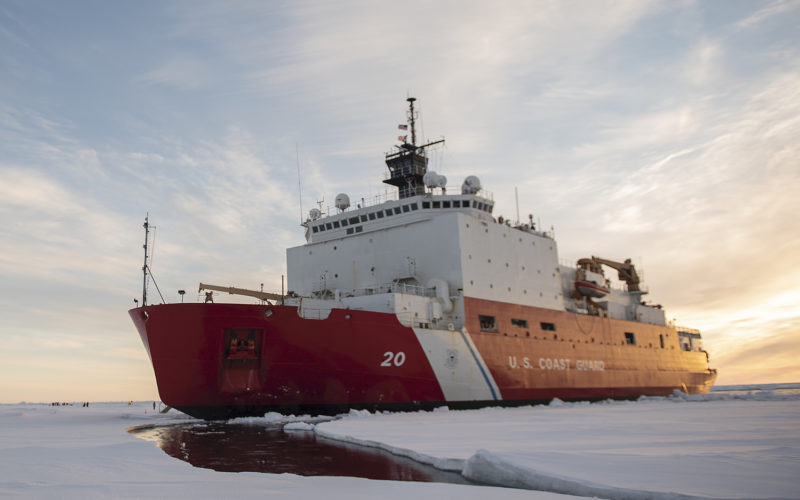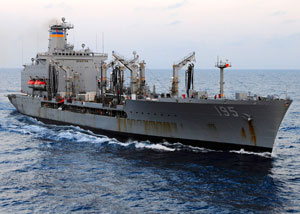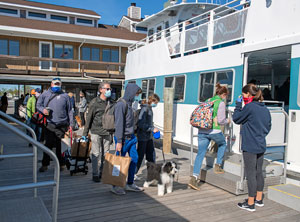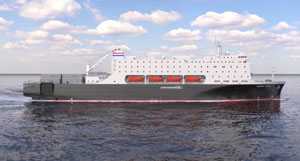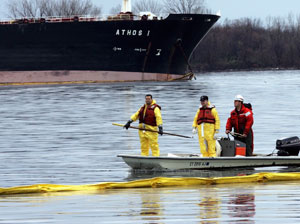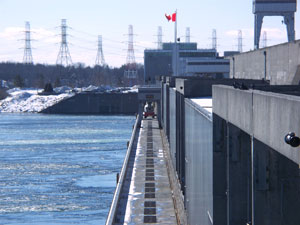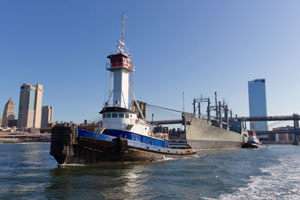25
Aug
From the U.S. Coast Guard: (NEW HAVEN, Conn.) — The Coast Guard presented a Public Service Award to the crew of the Fireball, a Fire Island Ferries ferry, on Tuesday, August 25 in Bay Shore, New York. Capt. Eva Van Camp, Coast Guard Sector Long Island Sound commanding officer, recognized the Fireball crew for their efforts resulting in the rescue of six people from a…

